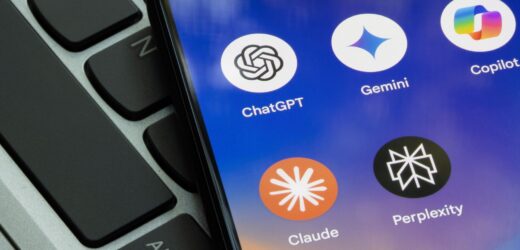There are more than 2,000 islands along the coast of Maine, 200 of which are in the Penobscot Bay. My island, one of the few that is publicly connected to the mainland, is a 20-minute ferry ride shore to shore. We also have a water taxi for travel after 6:00 p.m. and emergencies. The internet is fantastic; cell service is spotty. As you’d guess, most year-round residents are lobster fisherman, who have their own boats. There is a small landing strip used by wealthy summer residents and Penobscot Island Air, who gets us our UPS packages. Part of what I love about my island life is the slow pace that relative isolation necessitates.
Why am I writing about islands for a teaching and learning essay? Because I want to use them as a metaphor for knowledge accessibility. Knowledge is literally encoded in the patterns of connections our brain cells have with one another. Each brain cell—and there are over 100 billion of them—is estimated to have 10,000 connections to other cells. Structurally, that means knowledge is distributed over the network. Functionally, once you get into a particular web of connections, the related information is easily accessible through the cell-to-cell contacts in a particular network. For example, once I get into my private network about oranges, I have access to knowledge about their shape, texture, color, taste, and smell and to memories of placing orange slices, peel facing out, into my mouth, as well as the way oranges are associated with death in the movie The Godfather.









